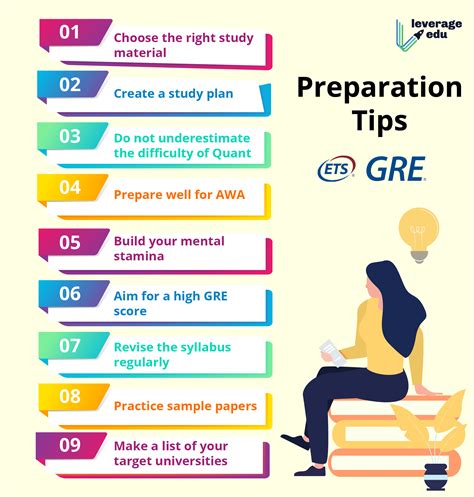3. Learn how to use a calculator.
Calculators are allowed on the GRE Quantitative Reasoning section, so it is important to learn how to use one efficiently. You should be able to perform basic arithmetic operations, such as addition, subtraction, multiplication, and division, as well as more complex operations, such as finding square roots and exponents. You should also be able to use a calculator to solve geometry problems.
4. Get comfortable with different problem types.
The GRE Quantitative Reasoning section will include a variety of problem types, including algebra problems, geometry problems, and data analysis problems. It is important to become comfortable with all of these problem types. To do this, try practicing different types of problems on a regular basis.
5. Develop strong problem-solving skills.
The GRE Quantitative Reasoning section will test your ability to solve math problems using logic and reasoning. To develop strong problem-solving skills, practice solving different types of problems. Try to identify the underlying patterns and relationships in the problems. You can also try working backwards from the answer to find the solution.




